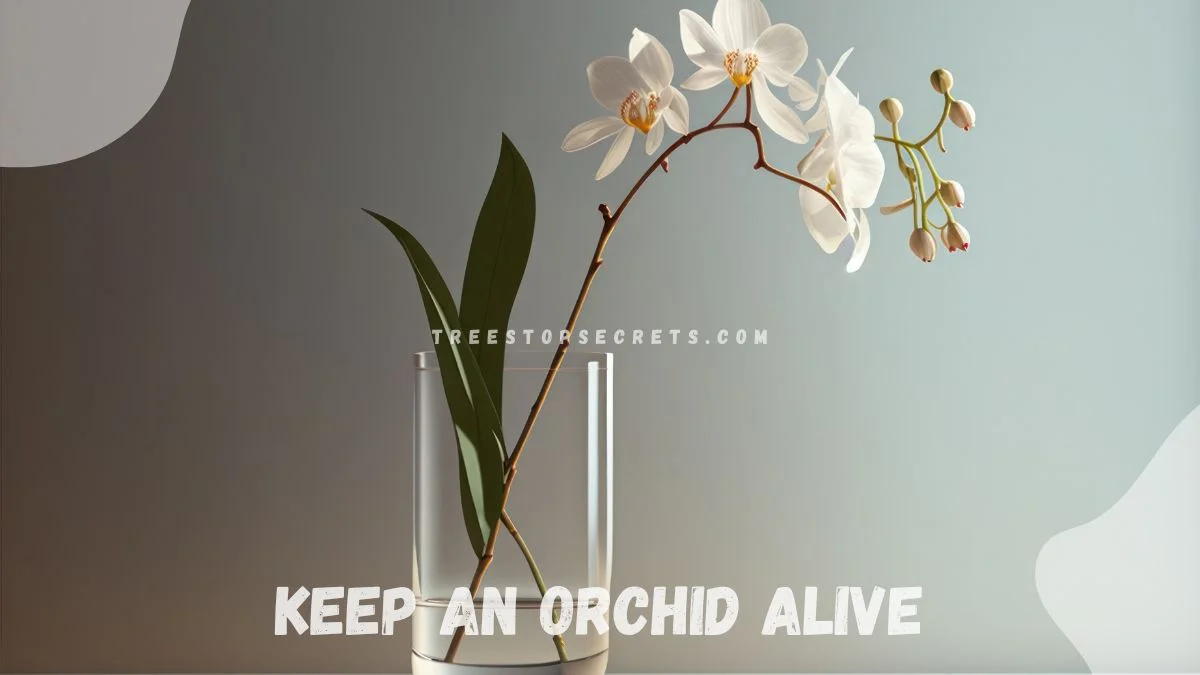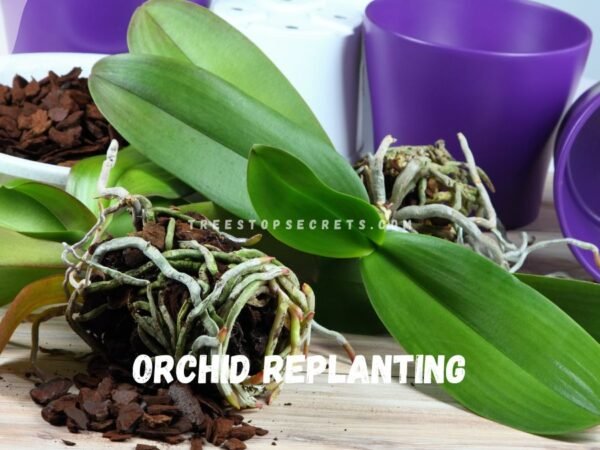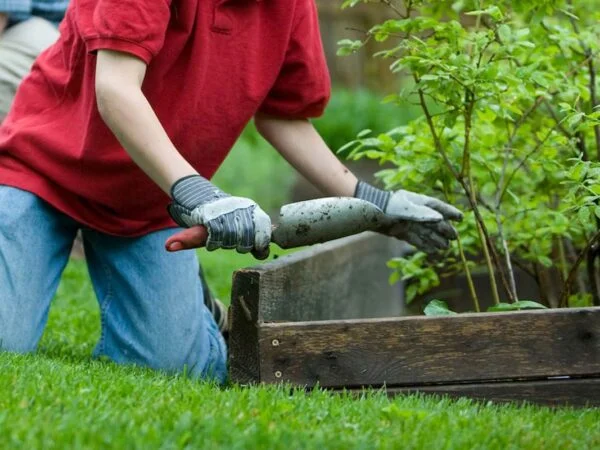Curious about the secrets to keeping your orchid thriving? Delve into expert tips and tricks that demystify the art of orchid care. Discover the essential elements like light, water, and temperature that will help your orchid flourish. Unearth the common pitfalls to avoid and learn how to troubleshoot issues effectively. Ready to transform your orchid care routine into a breeze? Let's uncover the simple yet effective strategies that will have your orchid blooming beautifully in no time.
Key Takeaways
- Consistent Care is Key: Regularly water your orchid using the soak and drain method to keep it hydrated without drowning the roots.
- Provide Proper Light: Place your orchid in a location with bright, indirect sunlight to ensure healthy growth and blooming.
- Monitor for Signs of Stress: Keep an eye out for yellowing leaves, root rot, or pests as indicators of potential issues that need prompt attention.
- Adjust Care as Needed: Tailor your care routine based on the specific type of orchid you have to meet its unique requirements.
- Maintain a Healthy Environment: Ensure good air circulation and humidity levels around your orchid to mimic its natural habitat.
- Seek Professional Help if Necessary: If you encounter persistent problems despite your best efforts, consult with a local orchid expert for specialized advice.
Understanding Orchid Care Basics
Watering Techniques
Orchids have specific moisture needs, so touch the soil's top layer to check when to water. Use room temperature water to prevent root shock and water in the morning. Early watering allows excess moisture to evaporate, preventing root rot.
Selecting the Right Soil
Choose a well-draining orchid potting mix to avoid waterlogged roots. Consider adding bark, sphagnum moss, or perlite for aeration and drainage. Avoid regular potting soil as it holds too much water, risking root rot.
Light Requirements
Place orchids near an east- or south-facing window for optimal light exposure. Prevent leaf burn by shielding orchids from direct sunlight. Rotate orchids regularly for even distribution of light exposure.
Temperature Control
Maintain temperatures between 60-80°F during the day with a slight drop at night. Protect orchids from drafts and sudden temperature changes that can harm them. Regulate humidity levels by using a humidifier to create an ideal environment for orchid growth.
Advanced Care Strategies
Fertilizing Orchids
Orchids require balanced orchid fertilizer diluted to half strength for optimal growth. Apply the fertilizer every 2-4 weeks specifically during the growing season to support their nutritional needs. Avoid fertilizing newly repotted orchids, allowing them to settle for 6-8 weeks before introducing fertilizer.
Pruning and Repotting
Trim any dead or yellowing leaves from your orchids using sterilized pruning shears to maintain their health and appearance. When you notice the roots outgrowing the pot, it's time to repot the orchid to provide more space for growth. Before pruning, ensure to clean and disinfect your tools thoroughly to prevent any potential infections.
Encouraging Re-Blooming
To encourage re-blooming in your orchids, replicate their natural environment by adjusting light and temperature cycles accordingly. A slight decrease in watering frequency can help stimulate blooming as well. During the budding stage, consider using a bloom booster fertilizer to enhance the flowering process.
Troubleshooting Common Issues
Combatting Pests
Inspect orchids regularly for common pests like aphids and spider mites. Use a magnifying glass to detect these tiny insects early on. Treat infestations promptly to prevent further damage to the plant. Utilize neem oil or insecticidal soap as effective remedies against pests. These solutions are safe for orchids and the environment. Isolate infected orchids to prevent the spread of pests to other plants in your collection.
Addressing Bud Drop
Ensure consistent watering practices to prevent bud drop caused by stress. Orchids are sensitive to fluctuations in moisture levels, so maintain a regular watering schedule. Avoid sudden changes in light exposure or temperature, as these can trigger bud drop in orchids. Monitor humidity levels closely, especially during the budding period, to provide optimal conditions for healthy flower development.
- Consistent watering
- Avoid sudden light/temperature changes
- Monitor humidity levels
Fixing Wilted Leaves
Adjust watering frequency based on the orchid's specific needs to avoid issues like overwatering or underwatering. Wilted leaves are often a sign of improper watering practices. Increase humidity around the orchids by misting them regularly or placing a humidity tray nearby. This helps create a more suitable environment for orchids, preventing issues like wilted leaves. Trim any wilted leaves carefully to redirect the plant's energy towards healthier parts, promoting overall growth and vitality.
- Adjust watering frequency
- Increase humidity levels
- Trim wilted leaves
Special Considerations for Orchid Longevity
Preventing Damage
Handle orchids with care to avoid harming their delicate roots and stems. Utilize stakes or clips to provide support for tall or leaning orchid stems. To prevent accidental damage, ensure that your orchids are kept out of reach of pets and children.
Resilience and Longevity
Patience is key when caring for orchids, as they may require time to acclimate to new surroundings. Consistency in care routines is crucial for ensuring the long-term health and longevity of your orchid plants. Celebrate each successful bloom and growth milestone to maintain motivation and enthusiasm for nurturing your orchid collection.
Summary
You now have a solid grasp of orchid care basics, advanced strategies, troubleshooting tips, and longevity considerations. By understanding these key elements, you are well-equipped to ensure the health and vibrancy of your orchids. Remember to provide consistent care, monitor for any issues, and make adjustments as needed to support your orchid's well-being.
Incorporate the knowledge gained from this guide into your orchid care routine, and watch as your plants thrive and bloom beautifully. Your dedication to mastering orchid care will not only result in stunning flowers but also a rewarding and fulfilling experience as you nurture these delicate plants. Keep learning and experimenting with different techniques to find what works best for your orchids. Happy growing!
Frequently Asked Questions
How often should I water my orchid?
Water your orchid once a week, allowing excess water to drain. Adjust frequency based on environmental conditions like humidity and temperature.
What is the best location for my orchid?
Place your orchid in a spot with indirect sunlight, such as an east-facing window. Avoid direct sunlight to prevent leaf burn.
How do I fertilize my orchid?
Use a balanced orchid fertilizer diluted to half-strength. Apply every 2-4 weeks during the growing season, then reduce frequency in winter.
Why are the leaves of my orchid turning yellow?
Yellowing leaves can indicate overwatering or too much direct sunlight. Check the roots for rot and adjust watering and light conditions accordingly.
How do I repot my orchid?
Repot your orchid every 1-2 years using fresh orchid potting mix. Gently remove old medium, trim dead roots, and place it in a slightly larger pot.
Image Source: Paid image from CANVA




